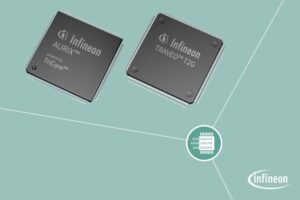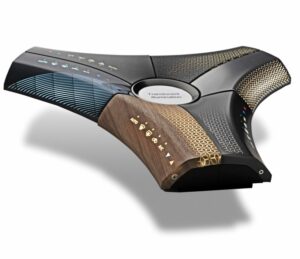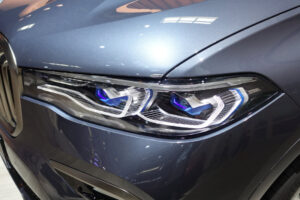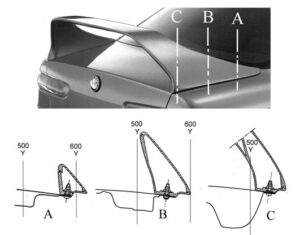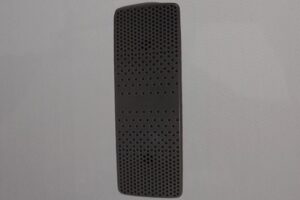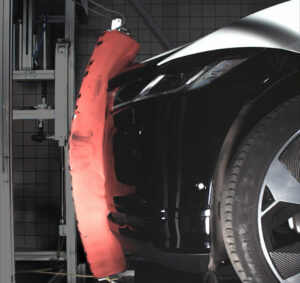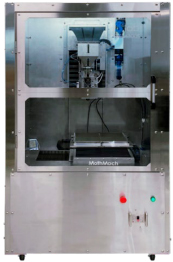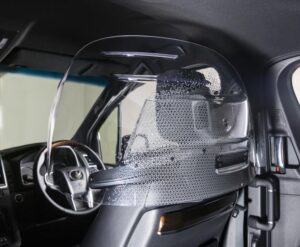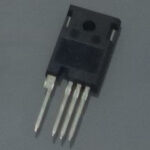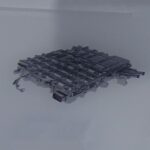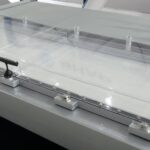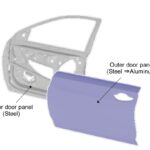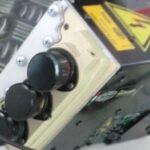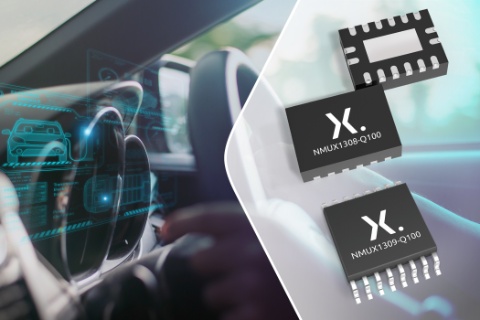
Nexperia has introduced a new series of 4- and 8-channel analog switches designed to monitor and protect 1.8 V electronic systems. This series of multiplexers includes AEC-Q100 qualified variants intended for use in automotive applications as well as standard versions suitable for a broader range of consumer and industrial applications including sensor monitoring and diagnostics, enterprise computing and domestic appliances.
When using analog switches, designers commonly require additional voltage translators because the control circuitry cannot operate from the voltage level used to supply power to the switch. By contrast, the control pins in the NMUX1308 and NMUX1309 switches operate independently of their power supply voltage range, negating the need to use additional components to perform level-shifting and thus saving board-space and reducing costs.
Nexperia has designed this series of switches to include additional features which enhance overall system safety. Fail-safe logic permits control pins to be biased prior to system power-up and remain biased even after the system has powered down. This eliminates the requirement for power sequencing between the analog switch and the system microcontroller unit (MCU). A power-off protection feature allows analog pins to be biased prior to system power-up and to remain biased after system power-down. This removes the restrictions associated with power sequencing for the analog switch and various power rails which support analog signals and ADC circuitry further down the signal-chain. The combination of both features in the NMUX130X prevents back-power of the supply rail through any pin of the analog switch.
These devices integrate injection current control circuitry, limiting output voltage shifts on the active channel to under 5 mV when an overvoltage event happens on disabled signal channels. This eliminates the need for external diode and resistor networks, saving board-space and reducing cost.
The NMUX1308 and NMUX1309 switches include 8-channel and dual 4-channel devices, in standard (-40 °C to +85 °C) and automotive-qualified (-40 °C to +125 °C) versions and are available in leaded and leadless options, including a leadless package which support AOI (Automated Optical Inspection) for automotive applications.

